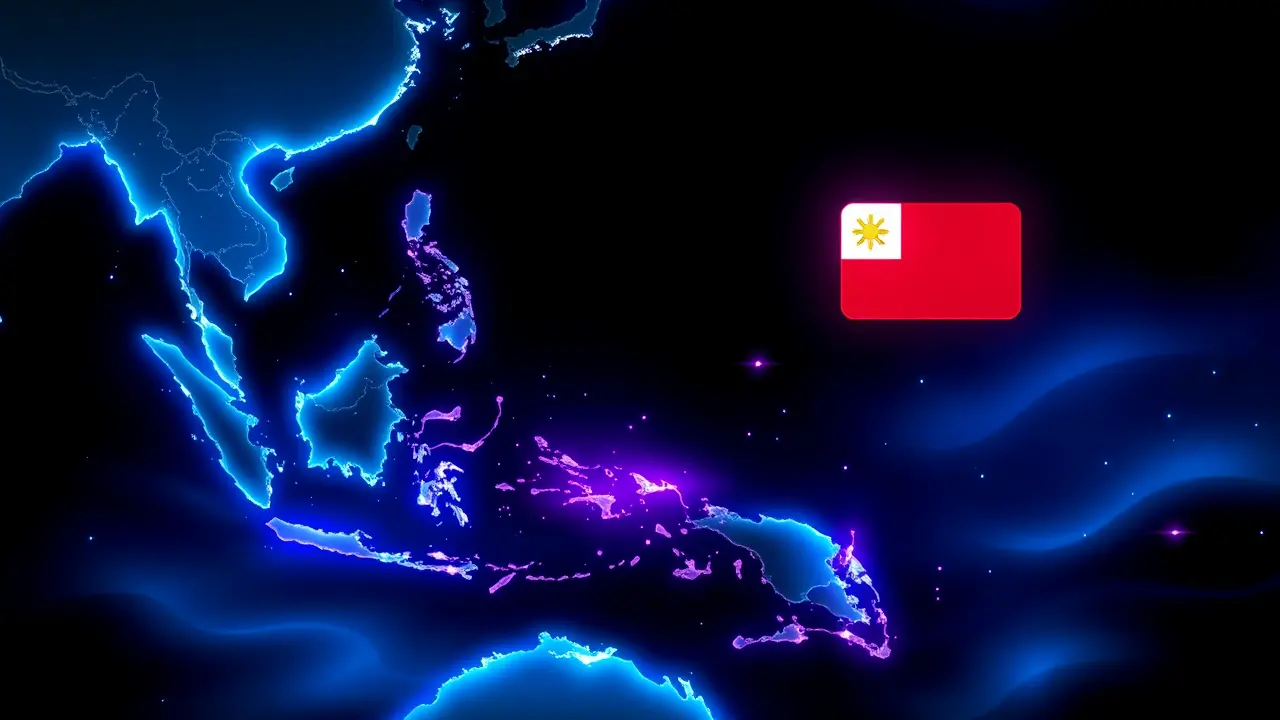
Politicsconflict & defenseMilitary Operations
Europe strengthens defense ties with the Philippines over South China Sea.
RO
Robert Hayes
24 hours ago7 min read5 comments
In a significant geopolitical pivot that echoes the strategic realignments of earlier eras, Europe is methodically strengthening its defense architecture with the Philippines, a move directly precipitated by China's escalating assertiveness in the South China Sea. This is not a sudden development but the culmination of a calculated, multi-year recalibration of European foreign policy, which has historically prioritized economic engagement with Beijing over direct security involvement in the Indo-Pacific.The recent reaffirmation of security cooperation by Sweden represents a critical inflection point, adding substantial diplomatic weight to a growing coalition that now includes key players like France, Germany, and the United Kingdom, all of whom are conducting joint naval exercises, facilitating arms transfers, and engaging in high-level strategic dialogues with Manila. The catalyst for this profound shift is Beijing's unrelenting campaign of militarization across disputed atolls and its increasingly coercive actions against Philippine resupply missions and fishing vessels, actions that fundamentally challenge the principles of the UN Convention on the Law of the Sea (UNCLOS) and the 2016 arbitral ruling that overwhelmingly favored the Philippines—a ruling China continues to dismiss outright.For European capitals, the South China Sea is no longer a distant maritime dispute; it has been re-framed as a vital artery for global commerce, with an estimated $3. 4 trillion in trade passing through annually, making its freedom of navigation a non-negotiable core interest.This European ingress creates a complex, multi-front challenge for Beijing, which must now contend not only with the longstanding presence of the United States under their Mutual Defense Treaty with the Philippines but also with a unified European bloc capable of imposing significant diplomatic and economic costs. Analysts draw parallels to historical containment strategies, suggesting that Europe's engagement serves to diplomatically 'box in' China, limiting its strategic options and raising the stakes for any potential military miscalculation.The consequences are far-reaching: for the Philippines, this offers a crucial diversification of security partners beyond its sometimes unpredictable alliance with Washington, enhancing its deterrence capabilities and bargaining power. For the Association of Southeast Asian Nations (ASEAN), it introduces a powerful new external actor into its delicate balancing act, potentially fracturing its consensus-based approach as member states recalibrate their own positions. The long-term trajectory points towards an increasingly entrenched standoff, where diplomatic communiqués are backed by the hardened steel of warships on the horizon, setting the stage for a new, more volatile chapter in one of the world's most critical strategic waterways.
#weeks picks news
#South China Sea
#Philippines
#Sweden
#defense cooperation
#European Union
#security ties
#China tensions
Stay Informed. Act Smarter.
Get weekly highlights, major headlines, and expert insights — then put your knowledge to work in our live prediction markets.
© 2025 Outpoll Service LTD. All rights reserved.